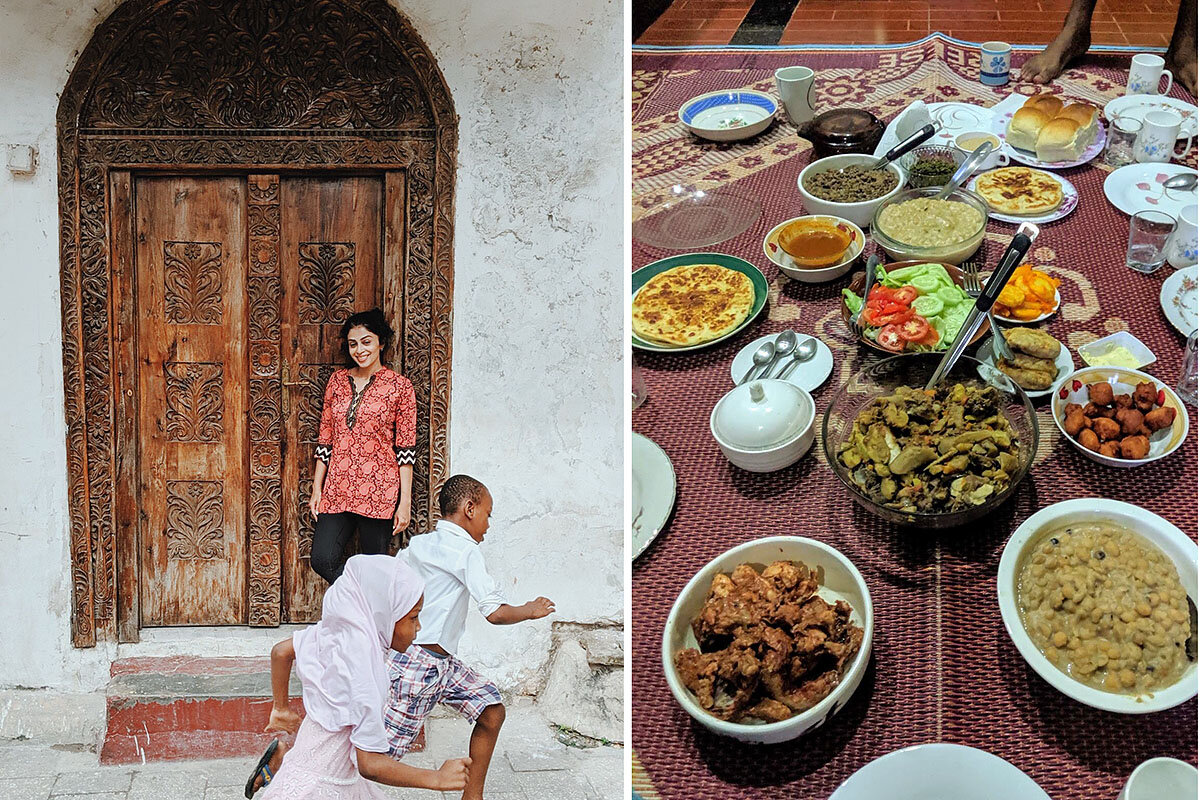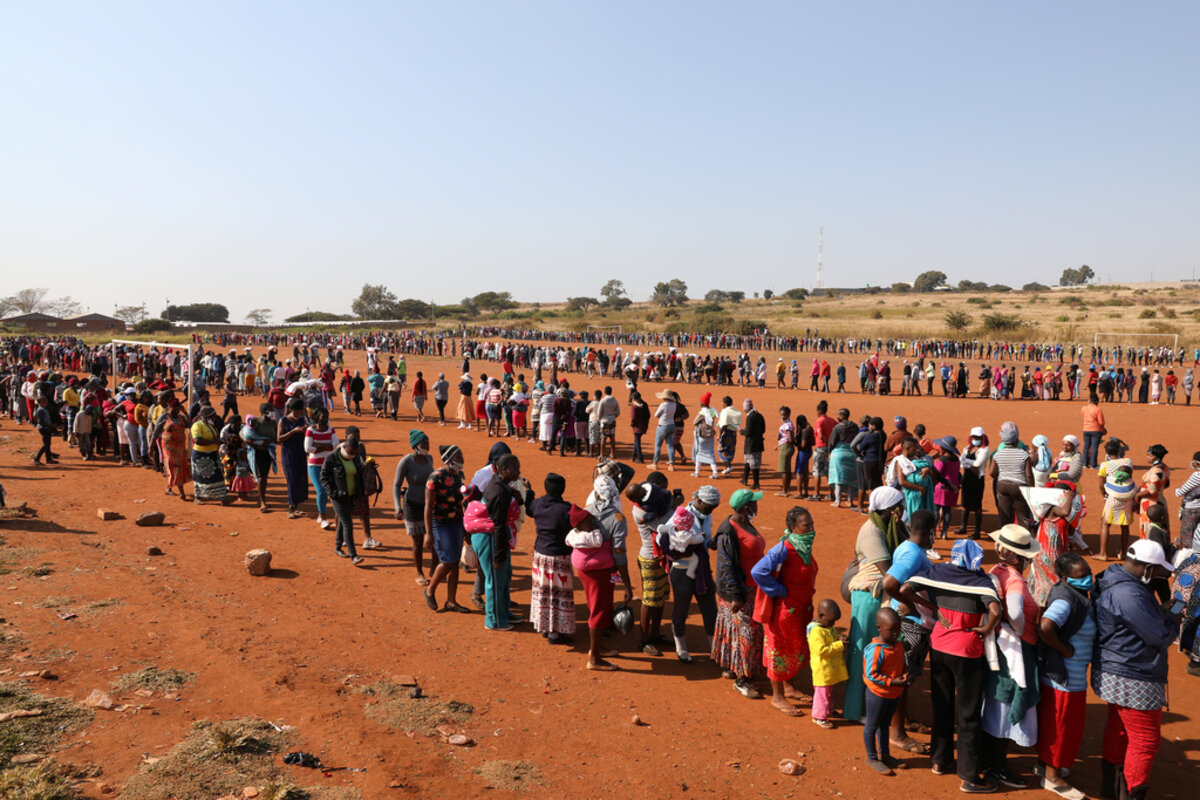Just a month ago in Africa’s largest economy, a reform that seemed impossible became possible. Nigeria ended subsidies that kept gasoline prices low. The government needed the revenue to deal with the COVID-19 emergency. It also began to make moves to reform its currency exchange rates and diversify its economy from a dependency on oil exports.
Across Africa, long-delayed reforms in governance are suddenly on the table. Both the challenge of the pandemic and the prospect of the continent’s first recession in over 25 years have put leaders on notice. Even before the coronavirus crisis is over, civic activists and international creditors are demanding deep reforms in badly managed regimes.
In South Africa, this desire for structural change was echoed in a speech by President Cyril Ramaphosa, who also serves as the head of the 53-nation African Union: “We are resolved not merely to return our economy to where it was before the coronavirus, but to forge a new economy in a new global reality.”
So far, the only major reform being weighed in South Africa is a suggestion by Finance Minister Tito Mboweni to sell off the country’s money-losing public enterprises. Comprehensive reforms face a formidable obstacle. It is well-documented that, after 26 years in power, the ruling African National Congress is bloated with corruption and incompetence. Breaking its inertia will be a challenge even for Mr. Ramaphosa, who carries enormous credibility as a chief architect of South Africa’s democracy and for his success in business, but who seems little inclined to buck his party.
And then there are external constraints. For the first time, South Africa has asked for financial aid from the International Monetary Fund to help support a post-COVID-19 stimulus package. Nigeria has already received the largest IMF package ever for an African country – $3.4 billion.
Given the global economic impact of the virus crisis, South Africa and the rest of the continent may not be able to count too much on foreign help. And it should expect conditions attached to whatever it may obtain. African nations will need to draw on their previous experiences in making significant reforms. For South Africa, the relevant lesson is a recent one – the early post-apartheid years of the late 1990s when new institutions were formed.
“More than ever we need to be applying that lesson in the current crisis,” writes a group of South African academics and former officials in the Daily Maverick. “We know, moreover, a lot about how to do it. The challenge is to set this capability free.”
The virus crisis is liberating many Africans to demand greater resilience in their societies. There is no shortage of ideas from civil society and financial institutions about how to build a stronger post-pandemic economy.
“As Africans, we are used to being adaptive and innovative, often driven by necessity, and we do have an indefatigable capacity to stand on our own feet,” writes Alain Tschudin, executive director of Good Governance Africa.
With the coronavirus exposing weak governance in Africa, its people are also tapping their strength to fix it.
 Mark Sappenfield
Mark Sappenfield










